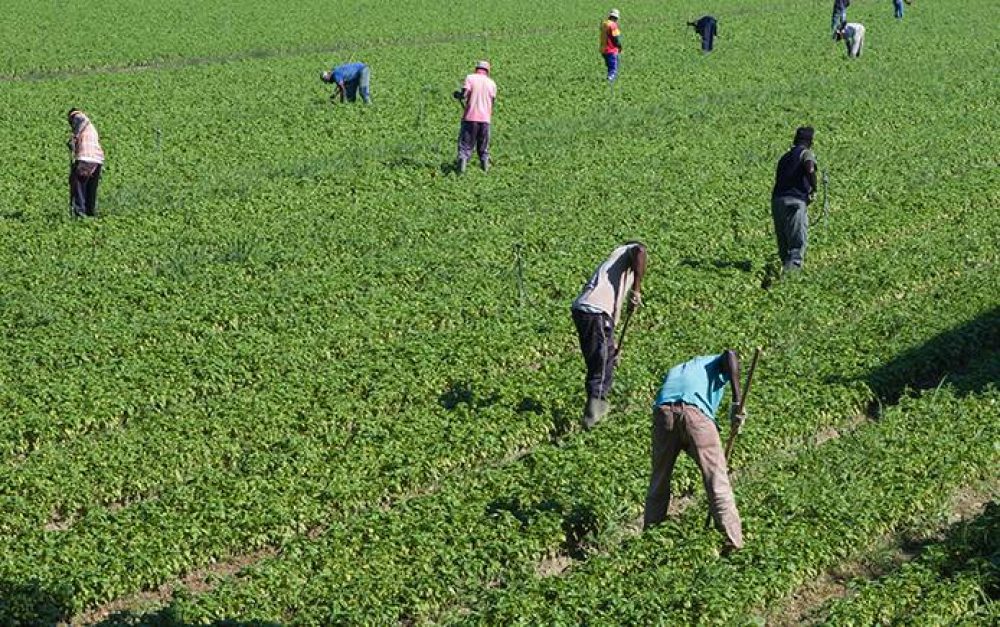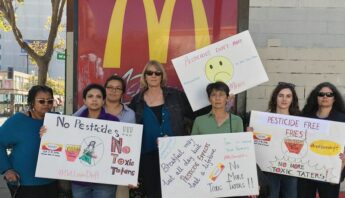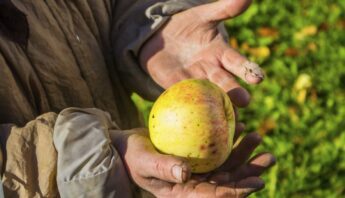More than two million farmworkers perform some of the most demanding manual labor in this country, cultivating and harvesting the crops that feed us all. Yet these workers are some of the least protected from on-the-job harms. They’re even excluded from the federal standards for minimum wage and overtime pay that are guaranteed to other workers.
And unfortunately, the Department of Labor (DOL) just submitted sweeping proposed regulatory changes for U.S. agricultural labor that would make matters worse, undoing bare minimum common-sense protections like annual safety inspections of employer-provided farmworker housing.
If implemented, this new proposal could reduce wages and job opportunities for U.S.-based farmworkers, while stripping protections for temporary “guestworkers” on H-2A visas. It’s bad news for all farmworkers, guestworker or not.
The H-2A guestworker program
The H-2A program was purportedly meant to address labor shortages without affecting overall wages and working conditions. Yet, DOL’s proposal weakens existing protections meant to protect both guestworker and U.S. worker safety.
The proposed changes would:
- Allow for housing abuses by enabling employers to bypass annual government inspections of employer-provided housing;
- Shift how minimum wage is calculated for H-2A workers, slashing wages for many farmworkers; and
- Lower wages for all farmworkers by making it simpler to hire more guestworkers on the H-2A visa.
The vast majority of farmworkers in the U.S. are immigrants. Policy, including immigration status and regulatory frameworks, impact every facet of farmworkers’ lives. This impacts their ability to speak up and organize in response to labor rights violations, unsafe working conditions, healthcare services, or fears of being separated from their children.
We should be strengthening already inadequate protections for farmworkers, not dismantling them.
Department of Labor’s proposal: the nitty-gritty
We know DOL’s proposed changes could devastate farmworkers by loosening regulation of housing conditions, reducing job opportunities for U.S. farmworkers, and decreasing wages for all farmworkers. How?
The proposed changes would reduce the frequency of inspections for farmworker housing and allow employers to “self-inspect” housing, increasing the risk of dangerous conditions.
Further, DOL’s changes could dismantle the H-2A program’s current protections that are meant to stop employers from hiring guestworkers at exploitative wages under harsh conditions. For example, the H-2A program currently requires employers who would like to hire temporary foreign workers to certify that they face a labor shortage, and are offering wages and working conditions that will not “adversely affect” U.S. farmworkers’ wages and working conditions.
Yet, this proposal also changes the methodology for calculating the minimum allowable H-2A wage. Guestworkers generally lack bargaining power to demand higher wages due to their restricted non-immigrant, temporary status. The system permits H-2A employers to reject those U.S. workers who seek jobs but are unwilling to accept the allowable H-2A wage rate, driving down wages for all farmworkers.
We must support enforcement of stronger rules to protect farmworkers on the job. PAN joined partners in collecting comments in opposition to the petition, and delivered over 8,000 comments to the Department of Labor. We’ll keep you updated as this process progresses.
More information about farmworkers and H2-A is available at: www.farmworkerjustice.org.







